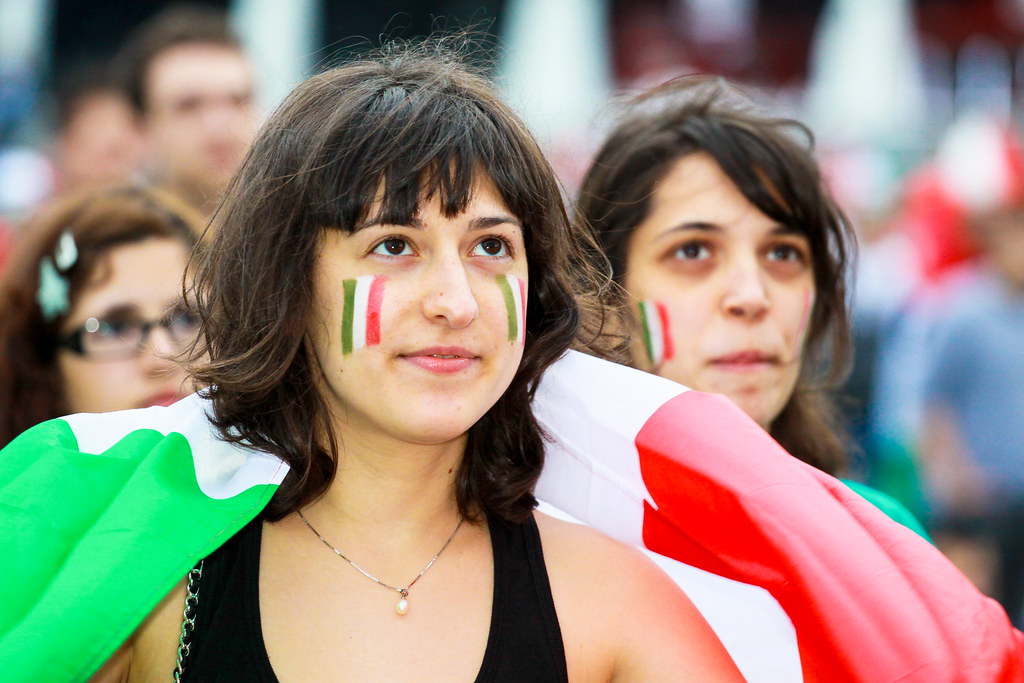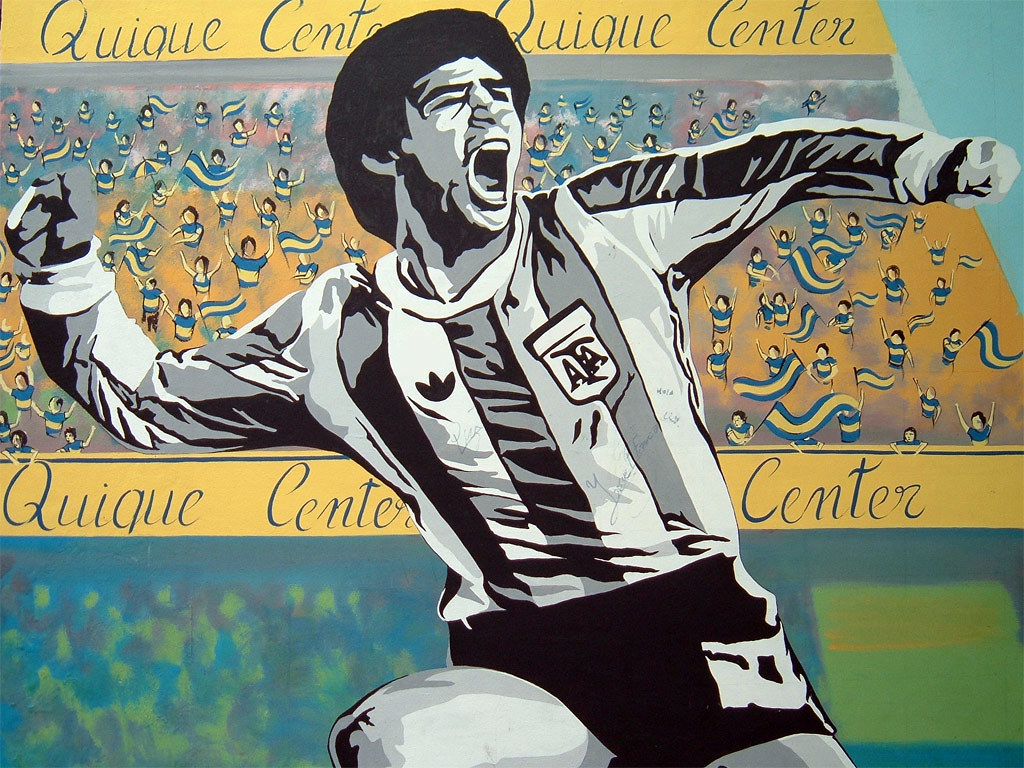Millions of people in the South Asian country support Argentina, which will take on France in Sunday’s championship game in Qatar.
Dhaka, Bangladesh – Adnan Imam, a resident of Dhaka, is an ardent fan of Argentina’s football team. As he prepares to watch Sunday’s World Cup final between Argentina and France, he has resorted to superstition to help his team win.
The 26-year-old software engineer is usually a sceptic and doesn’t believe in any divine intervention or luck, but he said the jersey he wore for Argentina’s first match brought bad luck.
“Argentina lost against the Saudis,” Imam told Al Jazeera. “Since then, I have switched to an old jersey, and they are on a winning streak.”
Rohan Ahmed, meanwhile, arranged a special prayer on Friday for Argentina’s victory at a local shrine in the port city of Chattagram. Dozens of other Argentina fans joined him.
“I would slaughter two cows and throw a ‘Mezban’ [a traditional Chattagram feast] if Argentina wins the World Cup,” Ahmed, 39, a shipping agent, told Al Jazeera.
Ahmed’s and Imam’s fervour for La Albiceleste, as the Argentine football team is known, defies logic. Their country is thousands of kilometres away from Argentina, and the economic and diplomatic ties between the two countries are weak.
However, football transcends borders, and perhaps nowhere is this more apparent than in this South Asian country, where a large chunk of its 170 million people become de facto Argentines every four years. They wear light blue and white jerseys and support the team and its players with the same zeal as Argentines.
Global recognition
Bangladesh’s love for Argentina’s football team is at least four decades old, but this year, it grabbed the attention of the world like never before – from FIFA tweeting a clip of thousands of Bangladeshis celebrating Argentina’s goal against Mexico to global football star Gary Lineker expressing surprise at such fandom.

Argentinians also took notice of the devotion for their football team in a faraway land and decided to return the favour. They opened a Facebook group for Argentina fans of Bangladesh’s cricket team and started watching the sport, in which Bangladesh is considered an emerging powerhouse. Within two weeks, the group attracted nearly 200,000 members.
In another surprising gesture, Santiago Cafiero, Argentina’s foreign minister, tweeted that his country will push to reopen its embassy in Bangladesh, which has been closed since 1978.
“It feels great that Argentine people now know how crazy we are about Messi and their football team,” Sifat Mehedi, one of the moderators of the Facebook group, told Al Jazeera.
There are dozens of Facebook groups in Bangladesh, but this one is the largest with more than a half-million members.
“Yes, we rank 192 in the FIFA rankings, but our people are some of the most passionate football fans,” Mehedi said. “I would say quadrennial fans, though, as this whole football frenzy is centered on the World Cup.”
Mehedi said social media has played a big part in putting Bangladesh on the football fandom map.
“These days, any post or video can go viral,” he said. “You never know. I don’t think Bangladesh would have gotten the attention of Argentina or the whole world if FIFA didn’t share that video – at least of this scale.”
“After all, Bangladeshis have been supporting Argentina since the Maradona magic in 1986,” Mehedi said.

Football legends Diego Maradona of Argentina and Pele of Brazil are household names in South Asian countries such as Bangladesh. Expatriates from the region, who form a large chunk of Qatar’s population, have rallied behind Latin American countries, mainly Brazil and Argentina, in the current World Cup.
Football’s history in the Bengali-speaking region of the Indian subcontinent goes back to the late 19th century when its British colonial rulers introduced the sport in Calcutta, then the capital of British India and now Kolkata, Bengal state’s main city.
The eastern part of Bengal became part of Pakistan in 1947 when the Indian subcontinent achieved independence from Britain. But nearly three decades later, East Pakistan, as it was known then, seceded to become Bangladesh.
The ‘M factor’
Football’s popularity rose in Bangladesh in the mid-1980s after televisions became widely available, and the first World Cup that most Bangladeshis watched was the one in 1986, journalist Syed Faiz Ahmed said.
“The 1986 World Cup also saw the emergence of a superhero – Diego Maradona,” Ahmed said. “People have been searching for such a football deity, and the Argentine maestro fulfilled it with his exquisite style, revolutionary air and tremendous passion.”
He said Bangladeshis’ love for Maradona and Argentina continued even though the Albicelestes haven’t won another World Cup since then.
Bangladeshis’ support for Argentina has risen to a new level since the arrival of Lionel Messi, Ahmed said
Sports commentator Shahnoor Rabbani told Al Jazeera that their love for Messi even supersedes that for Maradona.
“This is because people now can follow and watch European club football all through the year and even the personal life of stars like Messi through social media,” he said.
“You cannot but fall in love with Messi if you love football,” Rabbani said. “He is arguably the greatest player of all time, and he not having a World Cup is a loss for football.”
SOURCE: AL JAZEERA


